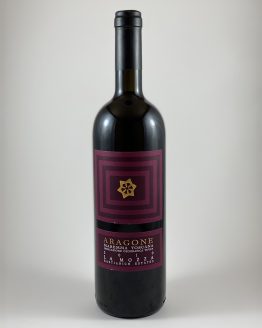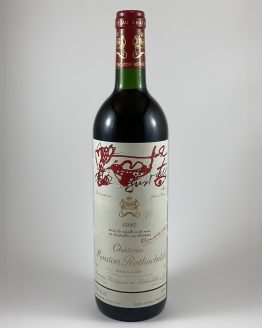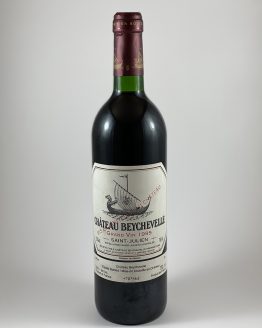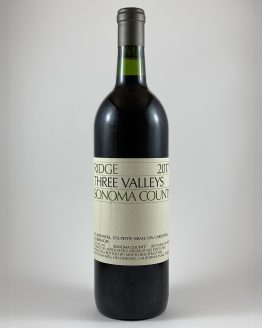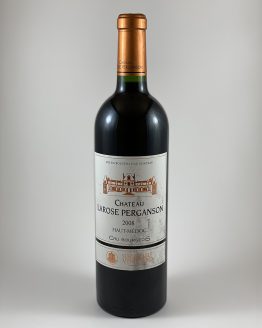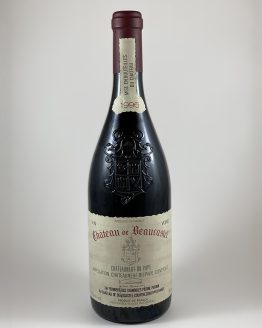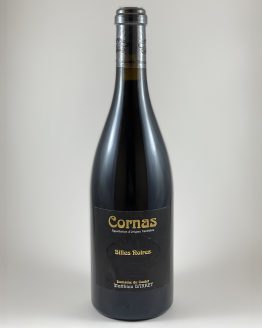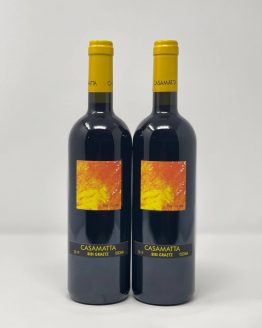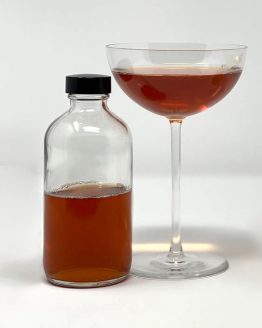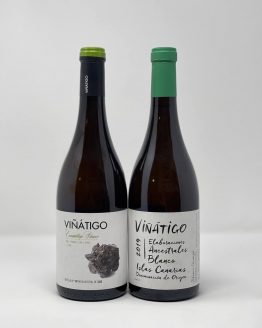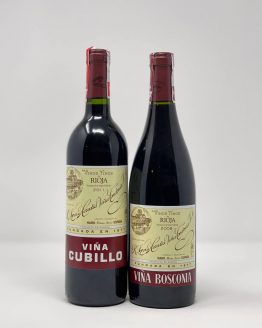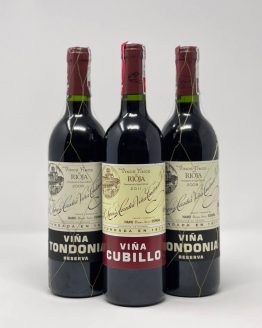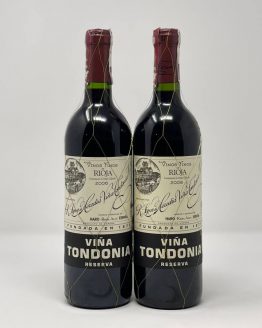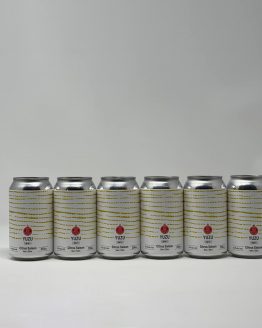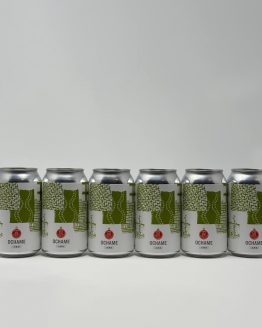Description
Located in the historic town of Niagara-on-the-Lake, Stratus Vineyards is a gravity flow winery, distinguished by its LEED-certified facility, its commitment to sustainability and wines of outstanding quality.
The winery, like our signature assemblage wines, is a composition – a whole greater than the sum of its parts. On their own, the individual elements are distinctly unique – a diversely planted vineyard with unusually rich soil; a sustainable facility that unites tradition and science to serve the winemaker’s art; and a retail gallery with adjoining tasting rooms that are both chic and welcoming. Working together, they create wines and experiences that are truly memorable.
Designed for Wine
A building designed to make premium wine. A facility where almost every piece of equipment can be reconfigured in response to the demands of winemaking. Even equipment as basic as the table where the grapes from our vineyard are sorted by hand can be set up in more than 17 different ways.
A four-storey tank elevator helps us move wine without pumping, which can introduce air and compromise flavours. Instead, our wine flows naturally, through gravity, from stainless steel or oak fermenters into carefully selected French oak barrels, where it will age under the care of the cellar master.
A Breath of Fresh Air
Bright, airy and above ground, our 1,000-barrel cellar is seamlessly linked to the winery’s pumpless wine-flow system. Translucent panes separate the cellar from the rest of the facility, allowing light in, while geothermal cooling keeps the cellar at an ideal 14ºC.
A Natural Choice. The Only Choice.
Preserving the environment for future generations has always been part of winemaking. So, our vision for Stratus Vineyards has always included sustainability. When we built the winery, we used recycled materials wherever possible and incorporated environmentally responsible features, like a super-insulated roof and geothermal heating and cooling. We also chose native plants and flowers for our landscaping because they can thrive without the support of chemical fertilizers or pesticides. We even considered sustainability when paving our parking lot – selecting a stone that reduces light-reflected heat.

